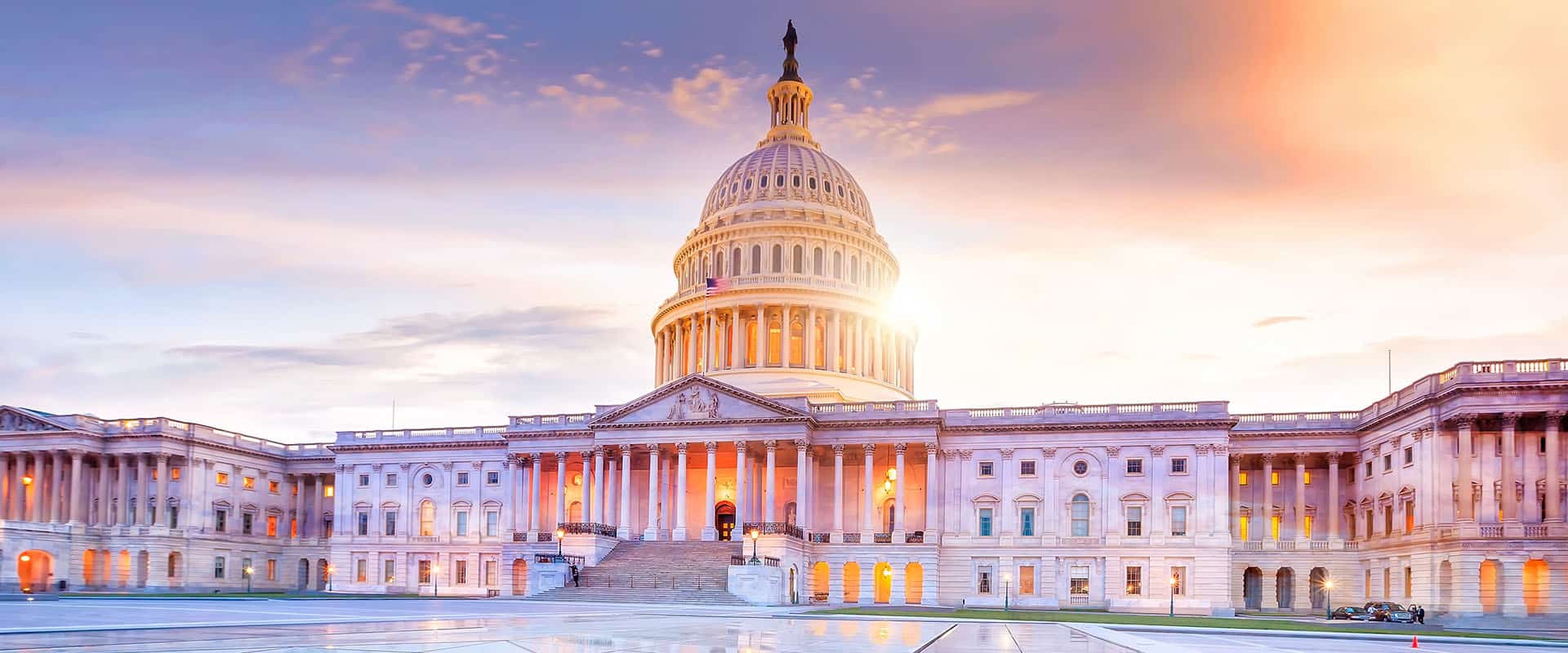The recently enacted “CARES” Act includes the “Paycheck Protection Program” (PPP) for small businesses. The PPP is designed to provide short-term cashflow assistance to small businesses to help these businesses and their employees deal with the economic impact of the COVID-19 crisis.
Loans are made by lenders certified by the Small Business Administration (SBA) and must be made before on or before June 30, 2020.
Small businesses that receive loans under the PPP must use loan funds to pay payroll costs (i.e., salaries, wages, vacation, parental, family, medical, or sick leave, severance, retirement benefits, and state or local taxes assessed on compensation) related to group health-care benefits (i.e., insurance premiums), employee commissions and tips, interest on mortgage obligations, rent (including rent under a lease), utilities or interest on other debt incurred prior to obtaining the loan and provided, however, that PPP loan funds cannot be used to pay salaries over $100,000.
Eligible Businesses
The PPP is available to small business concerns (businesses that are independently owned and operated, organized for profit, and are not dominant in their field), 501(c)(3) nonprofits, 501(c)(19) veteran’s organizations, and tribal business concerns with 500 or fewer employees (full and part-time), and not more than the applicable size standard for their industry, as provided by the SBA, if higher.
Payment Forgiveness
Principal amounts on PPP loans, for the first eight-week period from when the PPP loan is made, may be forgiven, if loan funds are used to cover payroll costs, interest payments on mortgages (not including prepayments or principal), and rent and utilities.The amount of a PPP loan that may be forgiven cannot exceed the principal amount of the loan.
To get the full benefit of loan forgiveness, businesses must keep their employees and pay them at least 75 percent of their prior-year compensation.To apply for forgiveness, businesses must submit documentation regarding the eligible uses of loan funds (payroll costs, mortgage interest, utilities, etc.), a certification that such documents are true and correct, as well the amount to be forgiven, and any other documentation the SBA Administrator deems necessary. The SBA will purchase any loan forgiveness amounts from its certified lenders and this canceled indebtedness will not result in taxable income to the business.
Regulations Expected Soon
The SBA is required to issue regulations within 15 days after the enactment of the CARES Act, which will establish the actual application process.
More Information
Related Posts
April 2024 State Legislative Update
In early April, as 19 state legislatures concluded their sessions for the year, a flurry of legislative activity marked the landscape, particularly in audiology and…
Medicare Advantage Plans Now Required to Inform Beneficiaries of Hearing Benefits
On April 4, 2024, the Centers for Medicare and Medicaid Services (CMS) issued a final rule that updates the Medicare Advantage Program for 2025. In…
Academy Supports New Jersey Medicaid Expansion Legislation
The Academy weighed in to support New Jersey Senate Bill 1171, which would expand the state Medicaid program to cover unilateral and bilateral hearing aids,…


